Don’t be late for the table! Fast food is favoured by urban gulls
01 Feb 2015 | No. 2015-05
Black-headed Gulls in urban environments are better at responding to human foods than their rural counterparts, shows new research in Bird Study; the Journal of the British Trust for Ornithology.
Researchers at the University of Liverpool used white bread and fresh sprats as examples of ‘anthropogenic’ and ‘natural’ food sources, to demonstrate that the preference for human food increases with the level of urban development. Across the 11 study sites on the Merseyside coastline, the selection of natural food decreased from 80% of trials at the most rural site at Banks to 5% at the most urban site at Crosby indicating that Black-headed Gulls prefer the food types most likely to be found in their immediate environment.
Black-headed Gulls became quicker at responding to the foods supplied by the researchers during the course of the study further demonstrating that gulls can adapt to human activity. Urban birds were more tolerant of humans to begin with, allowing these city slickers to take advantage of ‘fast food’ more quickly than their country cousins.
However, Black-headed Gulls’ impressive ability to adapt to manmade environments may cause them to fall into ecological traps; although readily available to gulls in towns and cities, the fast foods these birds learn to recognize and rely on might lack the important nutrients found in fresh fish and other natural foods. There may also be an issue in the ability for birds to respond to rapid increases in urbanisation.
Jonathan Green of the University of Liverpool says, “People think of gulls as pests in the urban environment, but urban breeding and foraging areas have become really important sites for these highly intelligent and adaptable species which are otherwise in decline. Our work shows the importance of conserving natural food supplies, as ultimately these will provide more stable and sustainable habitats for these birds. These results came out of two undergraduate student projects and we are really proud of the hard work they put in and these very interesting findings.”
Notes for Editors
- The BTO is the UK's leading bird research charity. A growing membership and up to 60,000 volunteer birdwatchers contribute to the BTO's surveys, collecting information that underpins conservation action in the UK. The BTO maintains a staff of 100 at its offices in Thetford, Stirling, Bangor (Wales) and Bangor (Northern Ireland), who analyse and publicise the results of surveys and projects. The BTO's work is funded by BTO supporters, government, trusts, industry and conservation organisations.www.bto.org
- Bird Study is the BTO's scientific journal published by Taylor & Francis on our behalf, sent to Fellows four times per year.
- The School of Environmental Sciences at The University of Liverpool has two departments encompassing Earth, Ocean and Ecological Sciences and Geography and Planning. It aims to deliver high quality degree programmes and world-class research across these disciplines, but also is involved in collaborating with industry, Government and the public to maximise the impact of our work http://www.liv.ac.uk/environmental-sciences/
Contact Details
Viola Ross-Smith
(BTO Research Ecologist)
Office: 01842 750050
(9am to 5.30pm)
Email: viola.ross-smith [at] bto.org
Sarah Stamper
(Press Officer, Marketing and Communications, University of Liverpool)
Office: 0151 794 3044
Mobile: 0797 0247396
Images are available for use alongside this News Release.
Please contact images [at] bto.org quoting reference 2015-05
The BTO has an ISDN line available for radio interviews.
Please contact us to book an interview
Office: 01842 750050

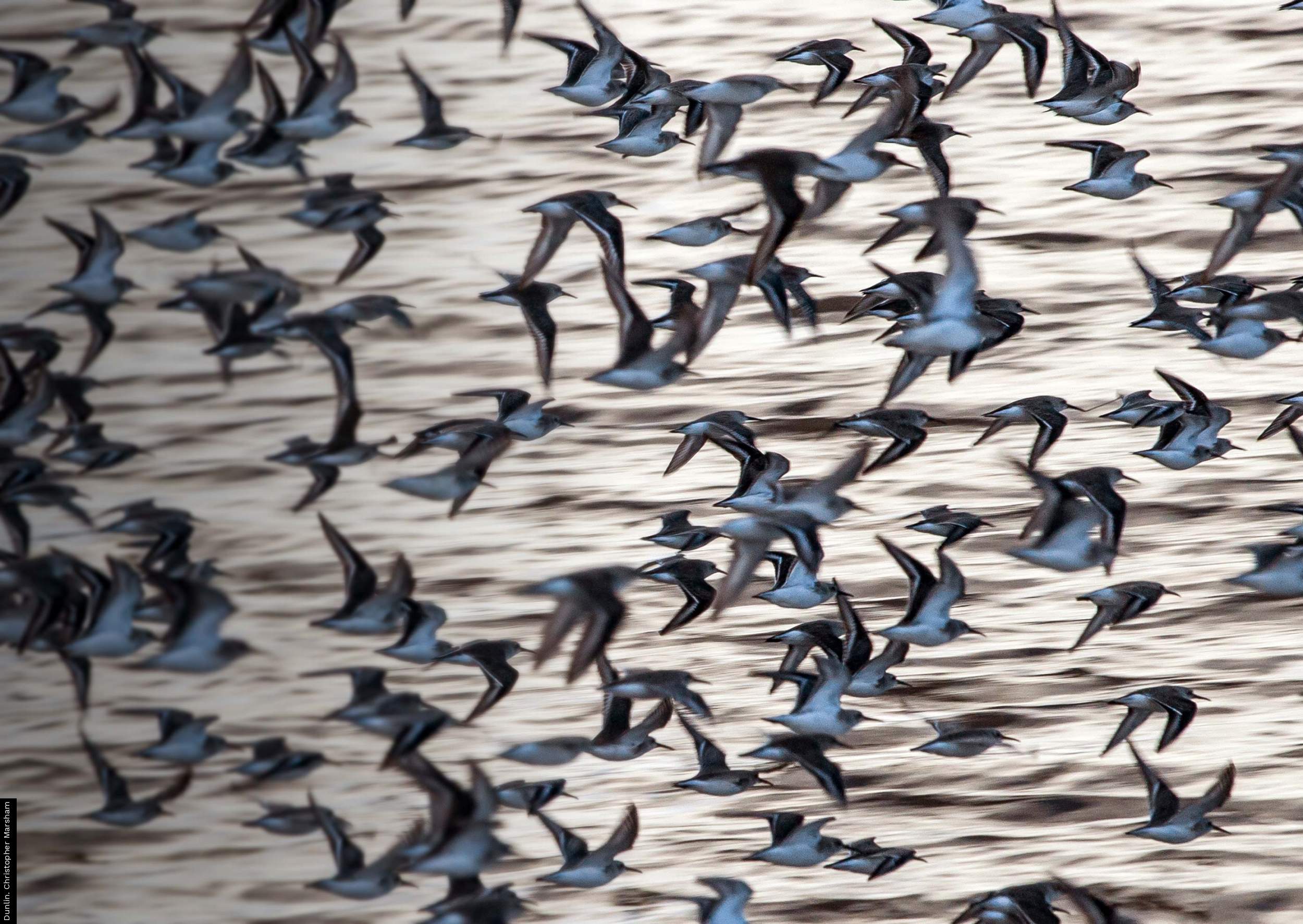
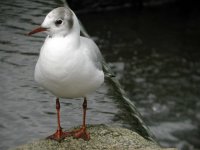
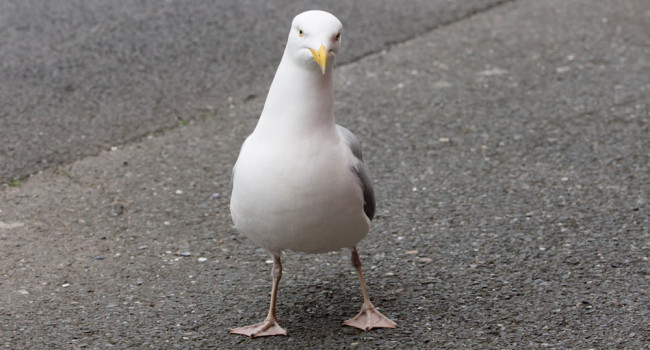
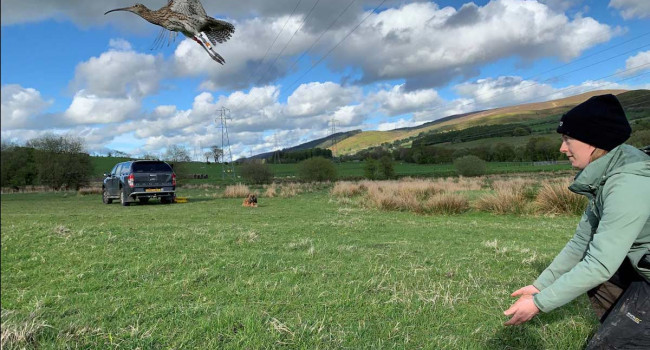
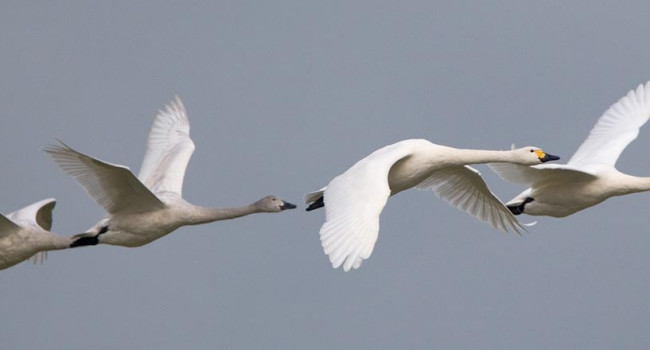

Share this page